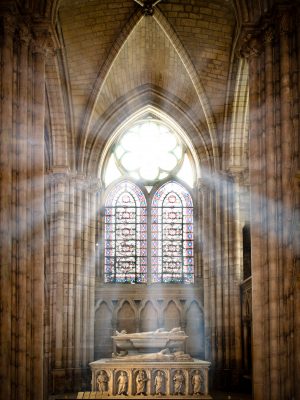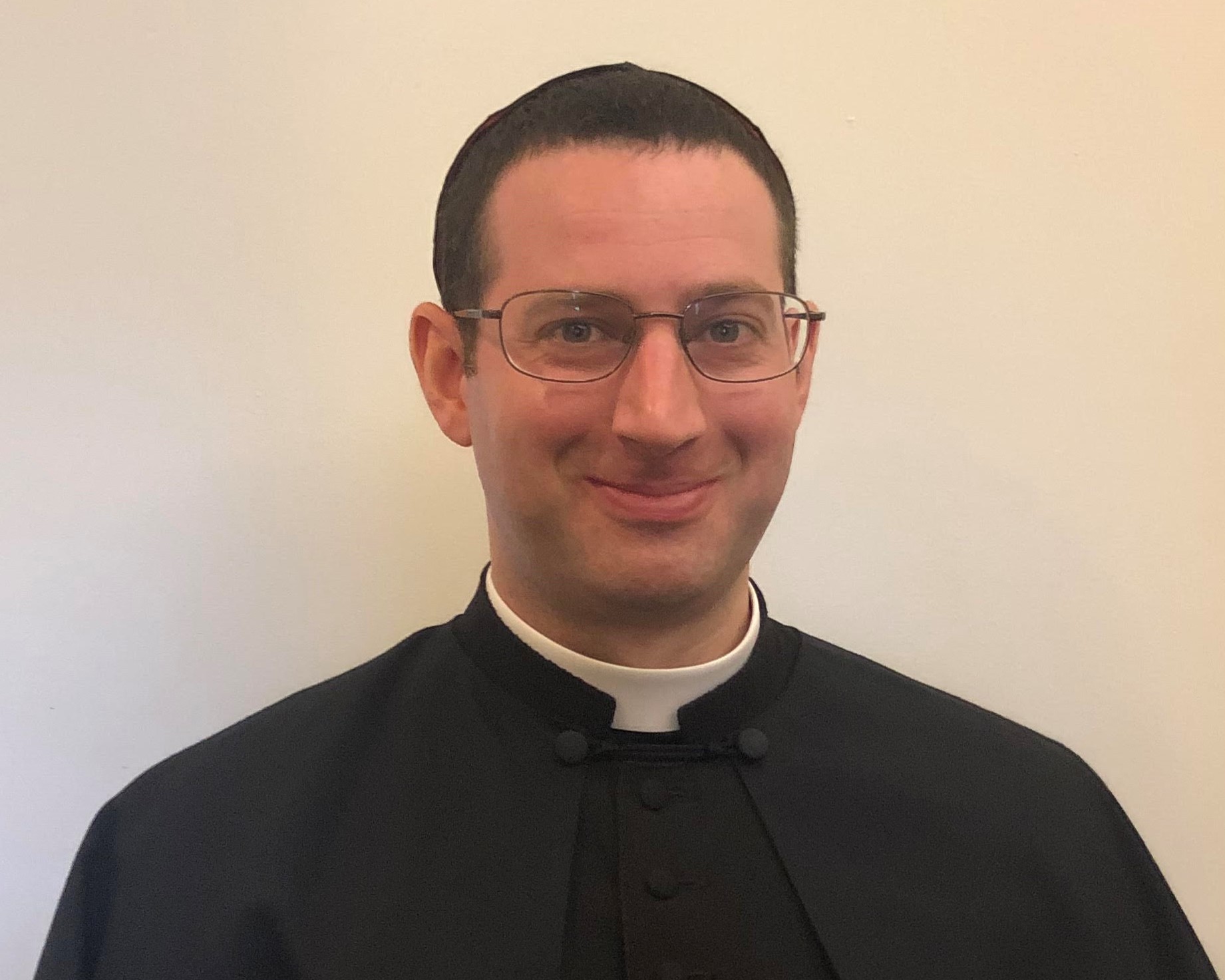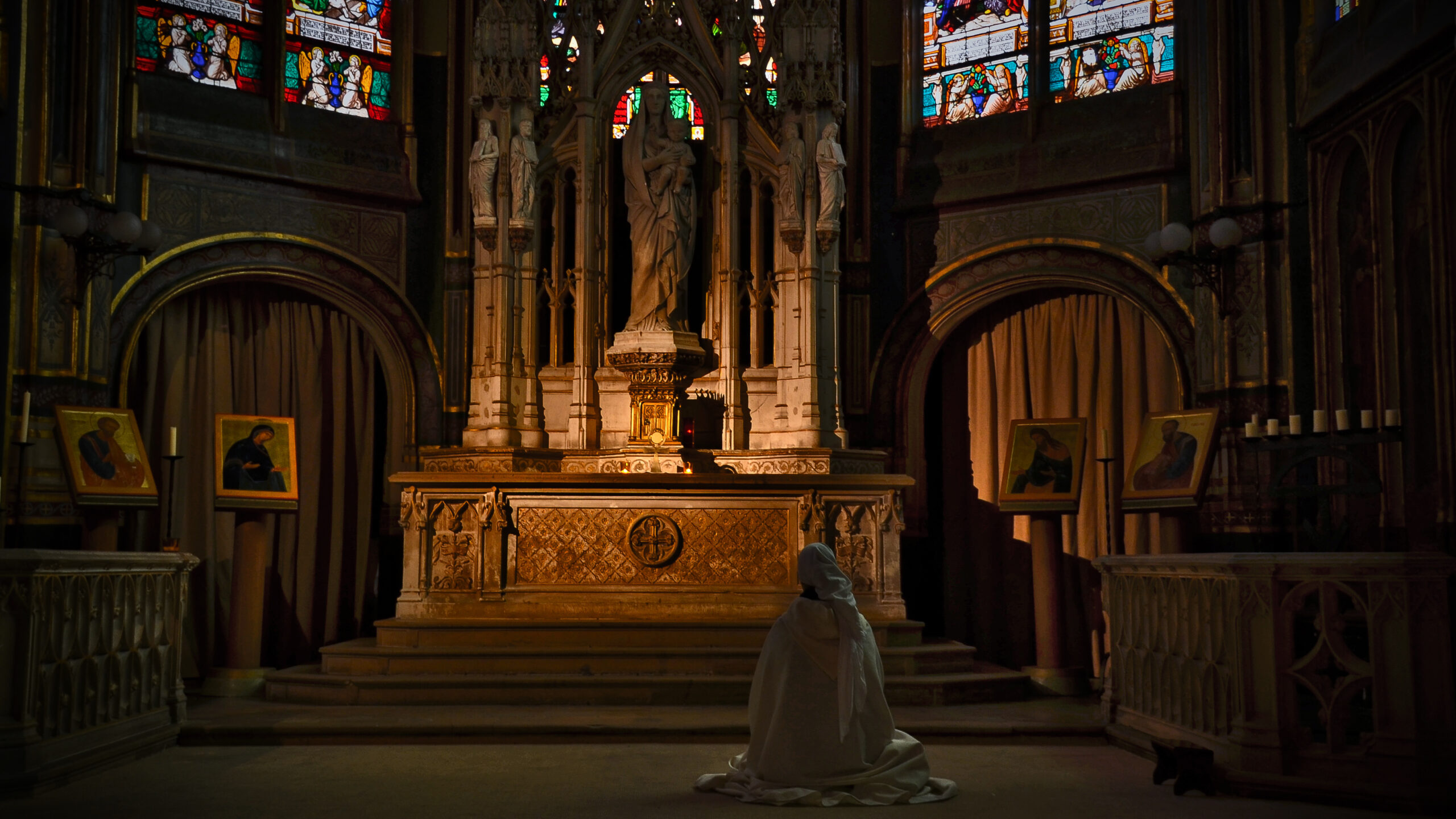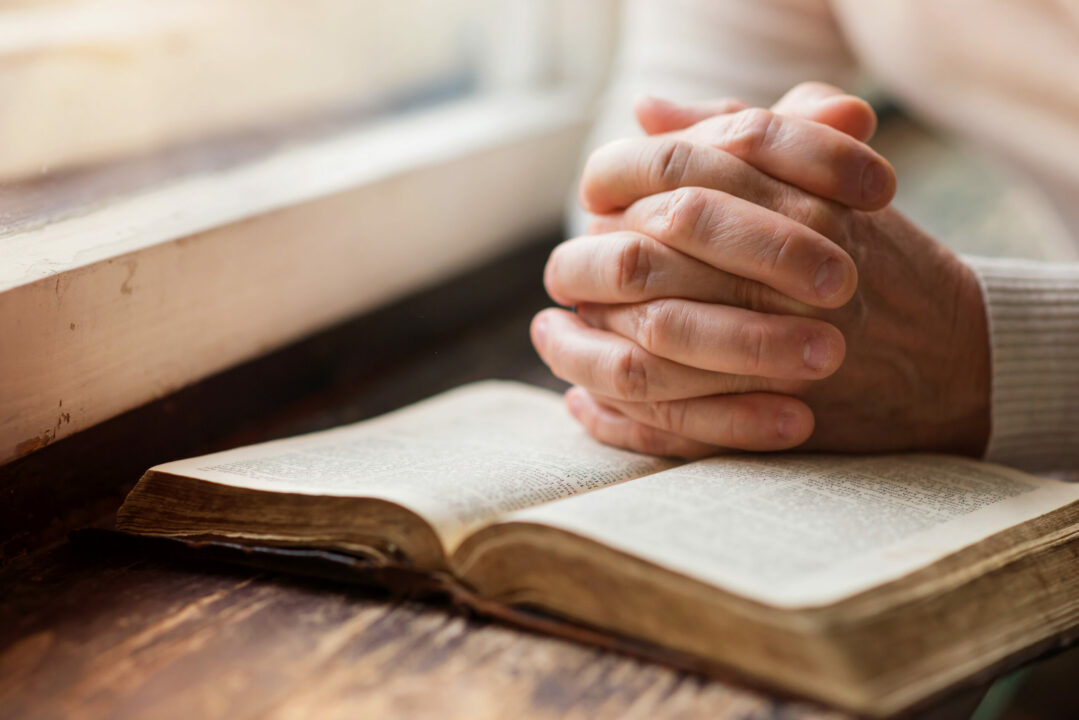In a previous article, it was stated that Sanctifying Grace provides the necessary equality between the sanctified man and God for the existence of friendship between them. Not an absolute equality, of course, as there can never be a total equality between the Uncreated and the creature, but enough for the establishment of friendship. And while Sanctifying Grace elevates its possessor to a supernatural level, affecting the being of the possessor, it does not aid the possessor in acting in this supernatural realm. This is the purpose of the Infused Virtues and the infused Gifts of the Holy Ghost.
The Infused Virtues and the infused Gifts of the Holy Ghost are infused, that is “poured,” into the soul with the reception of Sanctifying Grace. If one has Sanctifying Grace, one has the Infused Virtues and the Gifts. These enable and aid the possessor of Sanctifying Grace so that he may perform supernatural acts. But they do not operate in the same way. The Infused Virtues work in a human mode and the Gifts in a divine mode. Before this is explained, an understanding of the Acquired Virtues is necessary.
Man is a creature of habit. By repeated acts, a man can develop a habit of the repeated action so that what before was difficult and plodding is now done easily, promptly, and with delight. For example, when one starts to learn an instrument, it is difficult and plodding at the beginning. But with practice, the habit of playing that instrument is developed, and, due to the habit, the man can now play the instrument easily, promptly, and with delight. It becomes a second nature. When the habit is about a good moral action, it is called an Acquired Virtue. When the habit is about an evil moral action, it is called an Acquired Vice. So, when one has an Acquired Virtue, one can do the associated morally good action easily, promptly, and with delight and also, due to the Virtue, resist pressure to perform contrary actions. The same can be said about Acquired Vice and the associated morally evil action. As was said, a Virtue (or Vice) is acquired by repeated associated actions. So, by repeatedly performing acts of Temperance, for example, one develops the Acquired Virtue of Temperance. A Virtue can be lost, however, by a long period of neglect or by repeated acts of the contrary Vice. While this is problematic, it also means that Vices can be lost by acts of the contrary Virtue.
The Infused Virtues, for their part, do not aid their possessor in performing morally good actions easily, promptly, and with delight in the way the Acquired Virtues do. Each Infused Virtue, however, does serve as a supernatural boost, as it were, for the associated action. Each Infused Virtue divinizes the associated action. So, if one has the Infused Virtue of Temperance and performs an act of Temperance, this act, due to the influence of the Infused Virtue, is raised to the supernatural realm. It is no longer a purely human action, but the divinized action of an adopted child of God. (This helps explains why one who is in a state of grace can merit, that is receive a supernatural reward for the work done. It is not a supernatural reward for a natural work, but, rather, a supernatural reward for a supernatural work.) The Infused Virtue will produce this supernatural elevation even if one does not have the associated Acquired Virtue. But in such a case, while one can produce a supernatural act, it will not be done with the ease, promptness, and delight which would be present if one also possessed the Acquired Virtue. The Infused and Acquired Virtues are meant to work together – the supernatural presupposes and perfects the natural, not destroying or ignoring it. Therefore, to truly advance in Christian perfection, one must develop the naturally Acquired Virtues.
As it was stated, the Virtues operate in a human mode, while the Gifts operate in a divine mode. To explain this, the example of a boat is commonly used. Imagine a boat which has both oars and sails. If one wishes to move the boat using the oars, one must work the oars. If one wishes to move the boat by the sails, one must depend upon the presence of a wind. One can rig up the sails, control their orientation, but one cannot produce wind. In this example, the Virtues are likened to the oars and the Gifts to the sails. When actions are produced by the Virtues (the “oars”), the action produced by the possessor begins within him, with his deliberation, decision, and power. When good actions are produced by the Gifts, they arise due to, first, the action of the Holy Ghost (the “wind”) upon the Gifts (the “sails”). One can control if one has the Gifts or not, but one cannot produce the movement of the Holy Ghost; one must wait. When the Gifts do produce a supernatural act, coordinating with the associated Infused Virtue, the act has its beginning before the man even deliberates acting.
As it was stated, the Virtues and the Gifts accompany Sanctifying Grace. As such, they can also be completely (or mostly) lost when Sanctifying Grace is lost if one commits, God forbid, a mortal sin (the Infused Theological Virtues of Faith and Hope may remain if not sinned directly against). Those which were lost are regained when Sanctifying Grace is regained. But it is not just a question of possessing or not possessing them, but also of how strong they are, for they grow as Sanctifying Grace increases. How this occurs will be the topic of a future article.







